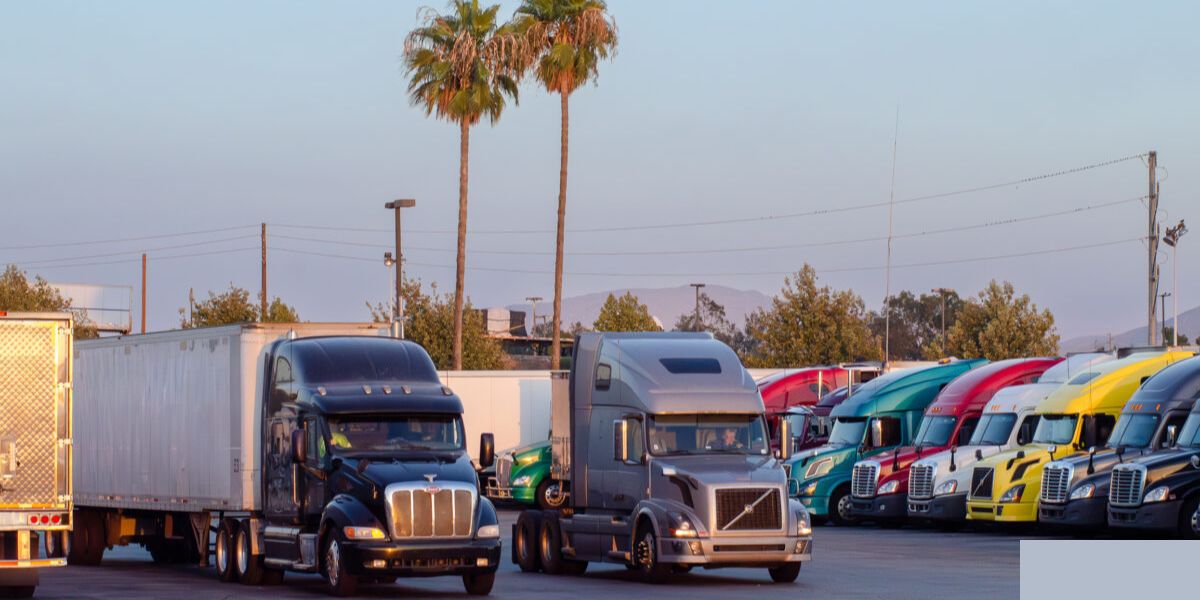The Owner-Operator Independent Drivers Association will keep fighting against California’s AB5 independent contractor statute, while the California Trucking Association is stopping its legal struggle.
Ogletree Deakins Nash Smoak & Stewart associate Robert Roginson announced that the CTA will abandon its appeal before the 9th U.S. Circuit Court of Appeals, continuing the association’s protracted legal battle. He chose not to elaborate further, and the court has not received a formal withdrawal brief.
Additionally, an OOIDA representative has stated that the organization will maintain their appeal.
This ruling by CTA concludes the association’s legal battle against AB5, which started in late 2019 when the association first challenged the legitimacy of the law’s implementation in the trucking industry. Since AB5 might affect a “price, route, or service,” which is specifically forbidden under the 1994 Federal Aviation Administration Authorization Act (F4A), CTA contended that the statute should be interpreted as prohibiting states from enacting such legislation.
Judge Roger Benitez of the U.S. District Court for the Southern District of California issued an injunction on New Year’s Eve 2019 preventing the execution of AB5 against trucks in the state, marking the zenith of CTA’s campaign.
However, the CTA experienced a string of defeats after that. By a vote of 2-1 in April of 2021, an appeals court had reversed the injunction. The case was sent back to the District Court after the Supreme Court rejected the CTA’s appeal in June 2022.
As of November 2023, OOIDA was already a co-plaintiff.

However, the obstacles persisted. In March, Benitez denied OOIDA’s and CTA’s request for a new injunction, rejecting all of their justifications. Though trucking professionals were skeptical that there was effectively any new legal argument that may succeed, CTA and OOIDA nonetheless filed their intentions to appeal to the 9th Circuit, and OOIDA has already done so.
In deciding to cease its efforts, CTA and its attorneys now seem to have concurred with those attorneys.
Both OOIDA and CTA have maintained their preparedness to make three separate legal arguments.
SEE MORE –
Central Arizona Struggles with Persistent Power Outages, Sparking Customer Anger
That particular sections in AB5 violate the Constitution’s Dormant Commerce Clause is one of the grounds upon which OOIDA is appealing; the organization has previously submitted a brief outlining its views. So long as OOIDA maintains its case, that argument will be considered.
We have the F4A argument as the second. Although Benitez acknowledged the CTA’s argument in 2019, he stated in his March decision that the matter had been resolved by the appellate court’s April 2021 ruling.
The third one is the one about equal protection of the law. The main point was that the trucking business was being unfairly targeted by the construction and enforcement of AB5, due to its extensive list of exemptions for other sectors.
The equal protection argument, however, was rejected in June by an eleven-judge panel of the 9th Circuit in the Olson case (named for the lead plaintiff) or Uber/Postmates (two corporations that also sued in 2019).
Proposition 22, which prevented the state from enforcing AB5 against gig drivers like those at Uber, was the sole victory for AB5’s opponents. Legal efforts to overturn that vote from 2020’s election were first partially successful, but have since failed.
In 2019, Governor Gavin Newsom signed Assembly Bill 5 after it had been adopted by the California State Legislature. An important judicial precedent for determining whether a person is actually an independent contractor or an employee, it formalized the ABC test that had been established in the Dynamex case.
For a long time, the trucking industry has focused primarily on the B prong of the ABC test. “The worker performs work that is outside the usual course of the hiring entity’s business.” That’s what it takes to be an independent worker, according to this definition. The B prong might be violated if a trucking company were to use independent owner-operators to transport freight.
Some lawyers have pointed out that despite all the hoopla over AB5 over the last five years, the state hasn’t done anything to enforce the law against California trucking, and no lawsuits or Private Attorney General Act cases have included AB5’s provisions.
